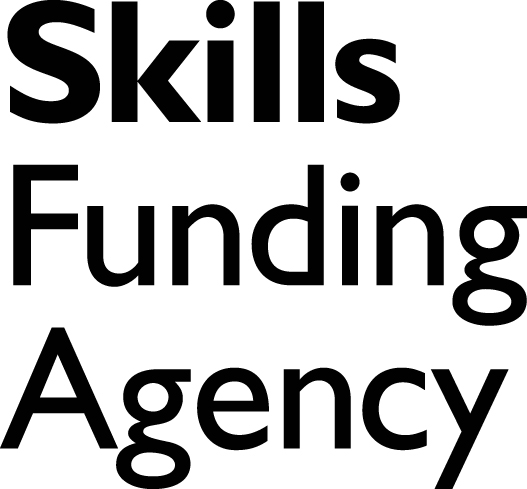The main purpose of the Neighbourhood Learning in Deprived Communities (NLDC) fund is to reach disadvantaged communities and individuals, to enable them to participate in learning and to progress towards further learning and/or sustainable employment.
Manchester City Council’s and Manchester Adult Education Service’s (MAES) priority is to tackle the issue of worklessness amongst key groups in the most deprived wards of the city, particularly those residents in receipt of out of work benefits. Therefore this is the target group for this funding. 
Manchester City Council’s and MAES are seeking to support innovative projects and ways of working that can provide people with their ‘first step’ into learning, increased confidence and increased motivation and ability to access further learning opportunities. It is recognised that the community and voluntary sector can provide some of the most innovative ways of providing learning opportunities to groups that have traditionally been hard to engage.
 The aim of the fund is to build the skills levels of Manchester residents while complementing other available provision and providing progression routes to further learning, employment and volunteering.
The aim of the fund is to build the skills levels of Manchester residents while complementing other available provision and providing progression routes to further learning, employment and volunteering.
The key objectives of this activity are:
• To deliver a programme of community learning activities which enable adults to move towards sustained employment and active citizenship and which do one or more of the following: improve employability and essential skills; provide opportunities for learners to become involved in the local community; increase learners’ confidence; have a positive effect on learners’ health and wellbeing
• To encourage Manchester residents who are workless and have low level skills to engage in learning and progress to further training opportunities, particularly targeting those who mainstream provision struggles to engage
• To provide Information, Advice and Guidance for workless residents about further learning, volunteering or mainstream employment services and/or getting work
Projects from a minimum of £20,000 up to a maximum of £125,000 will be funded.
For further information and to apply, see attached.
Deadline: Monday 9 May 2016, 12:00